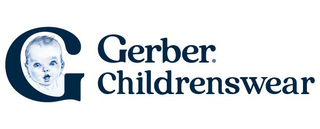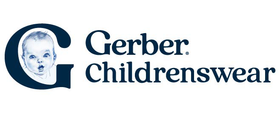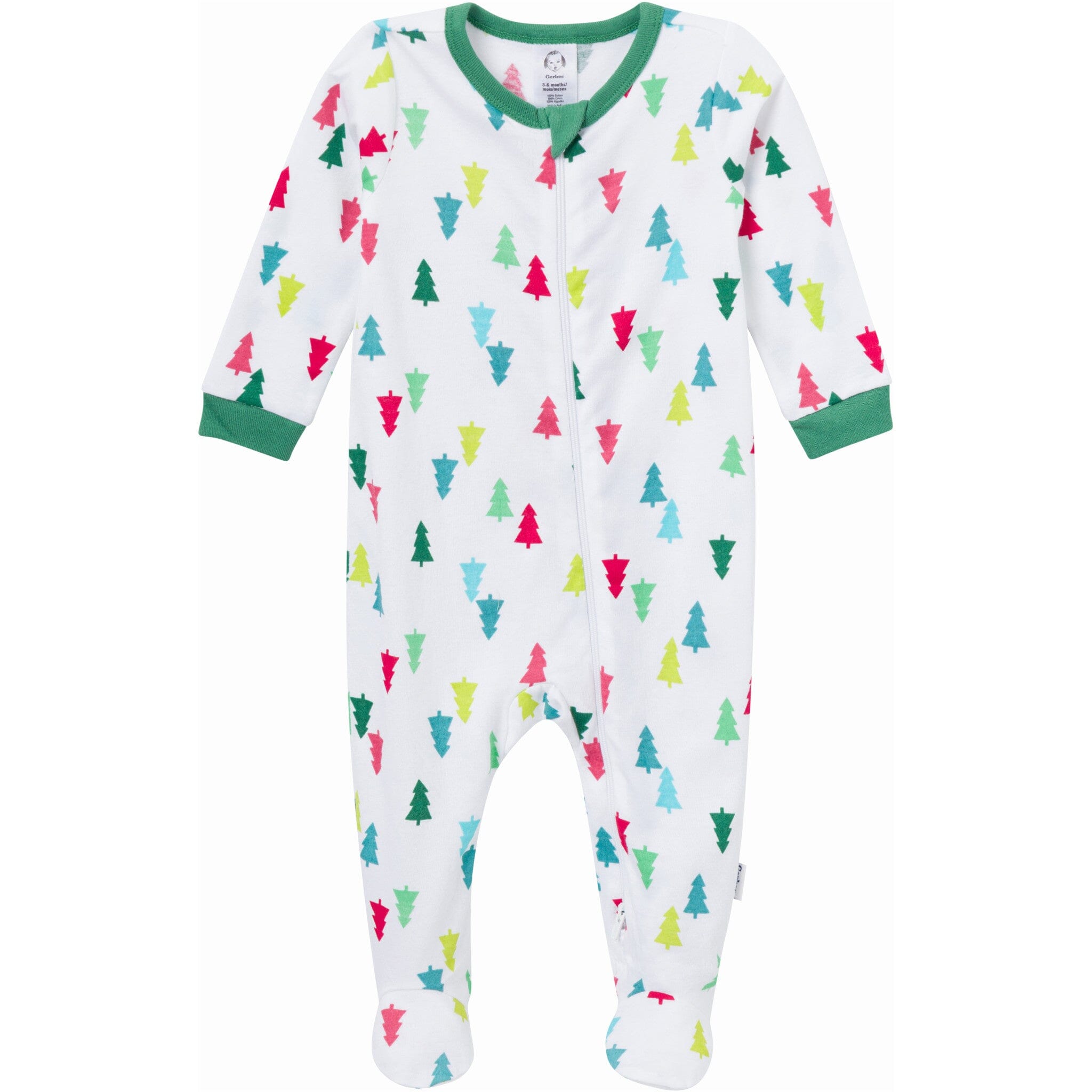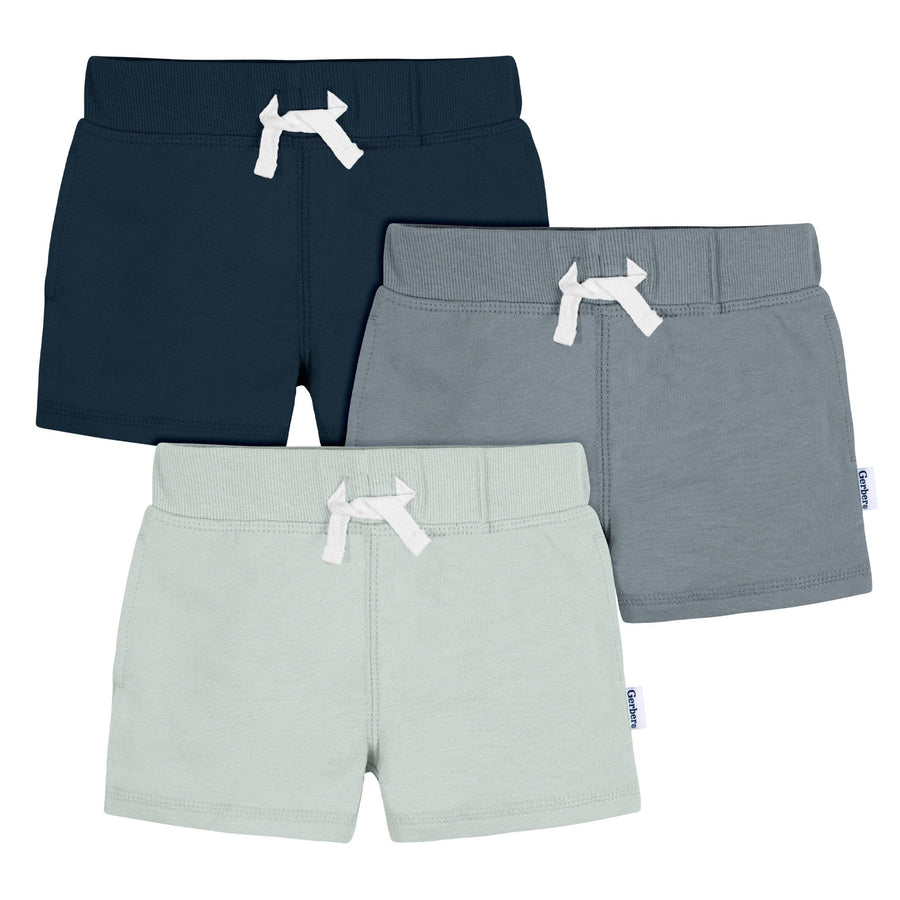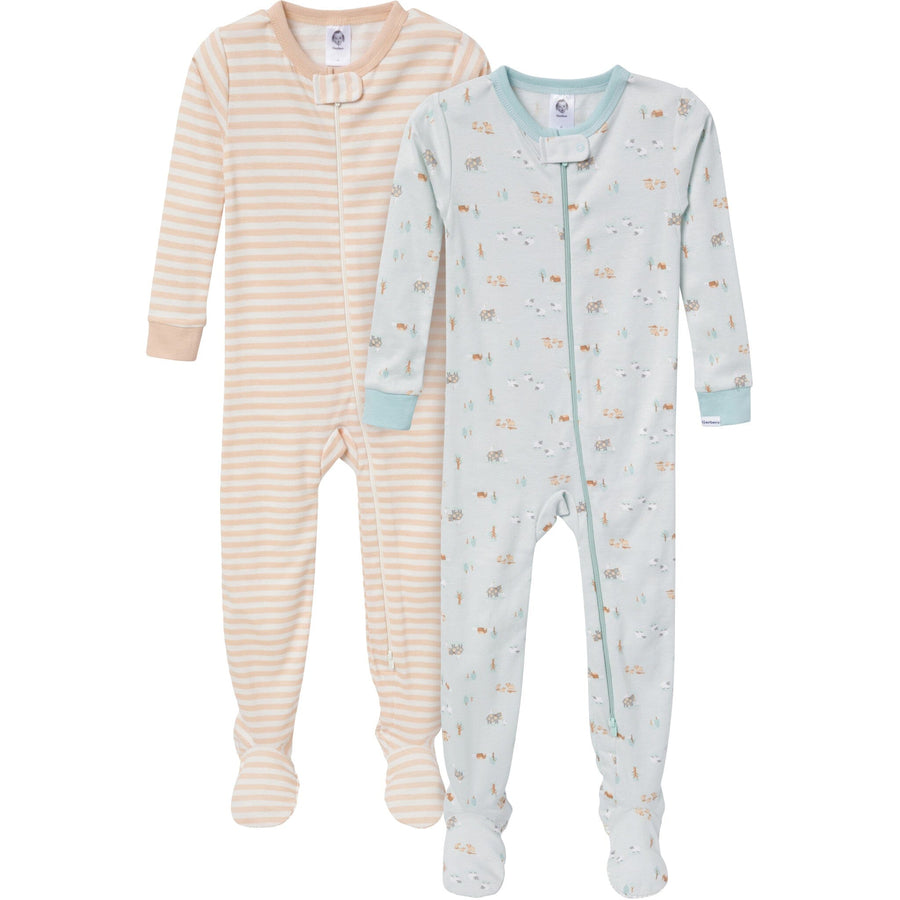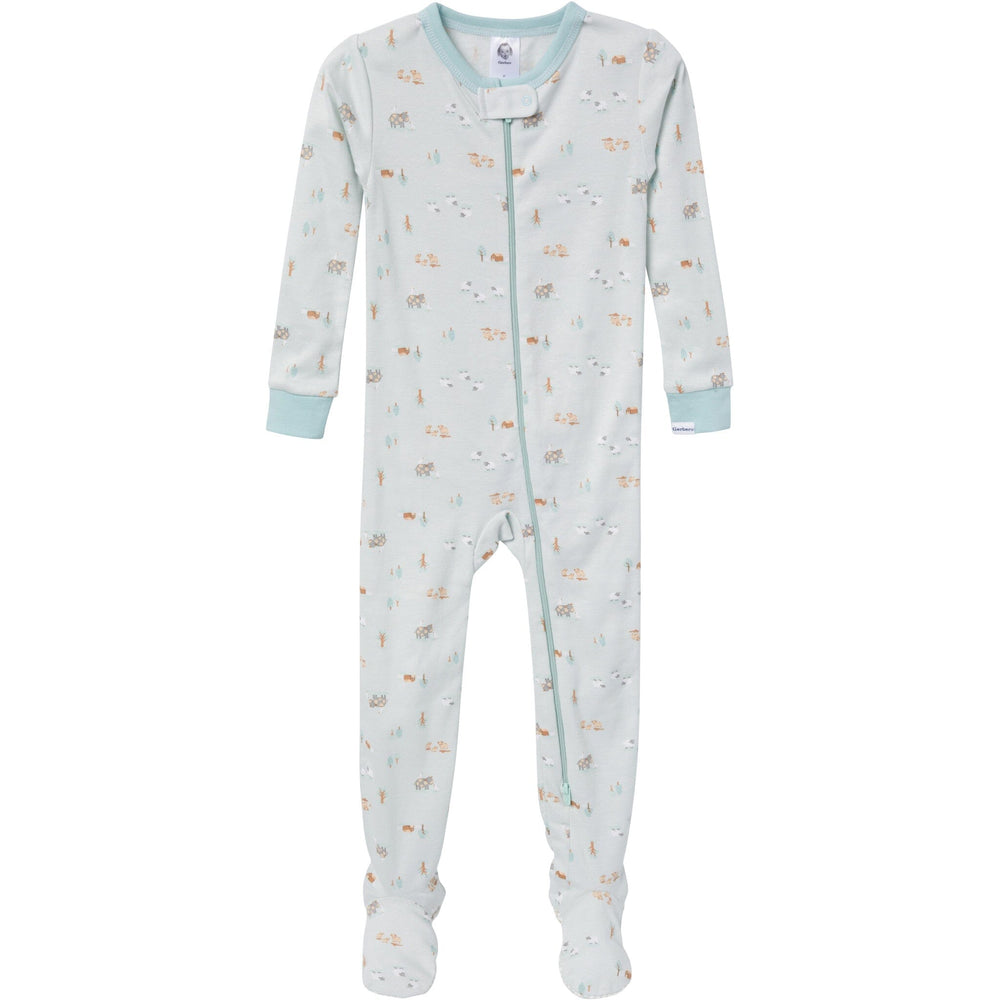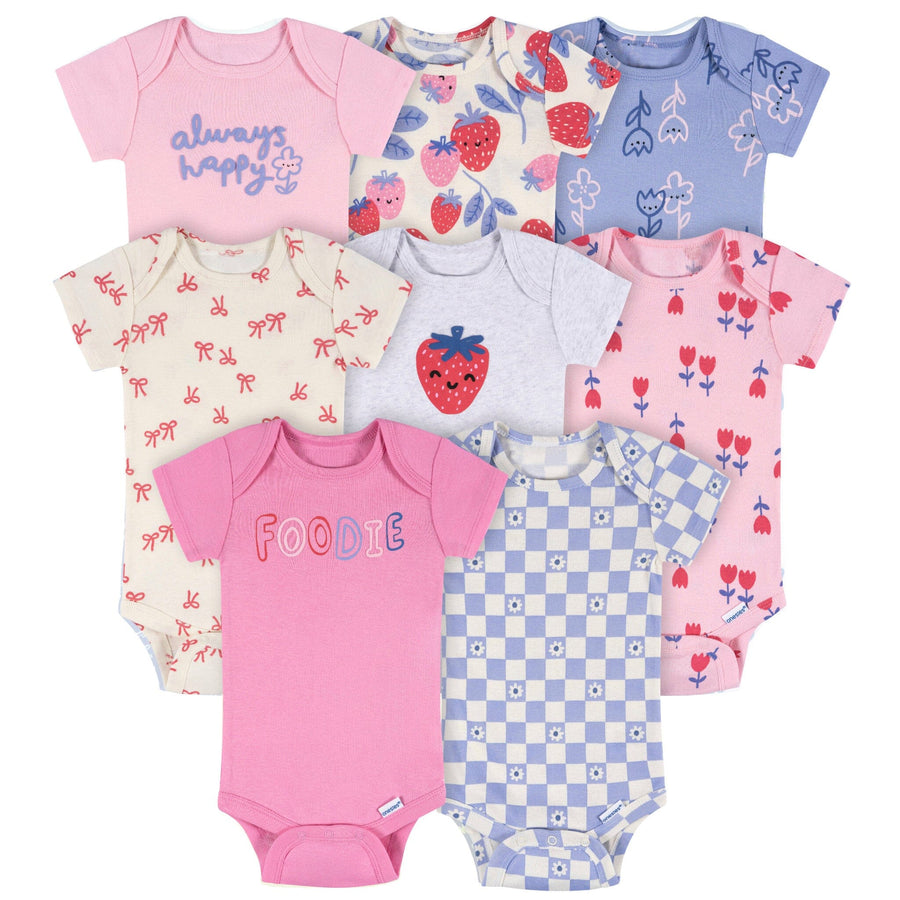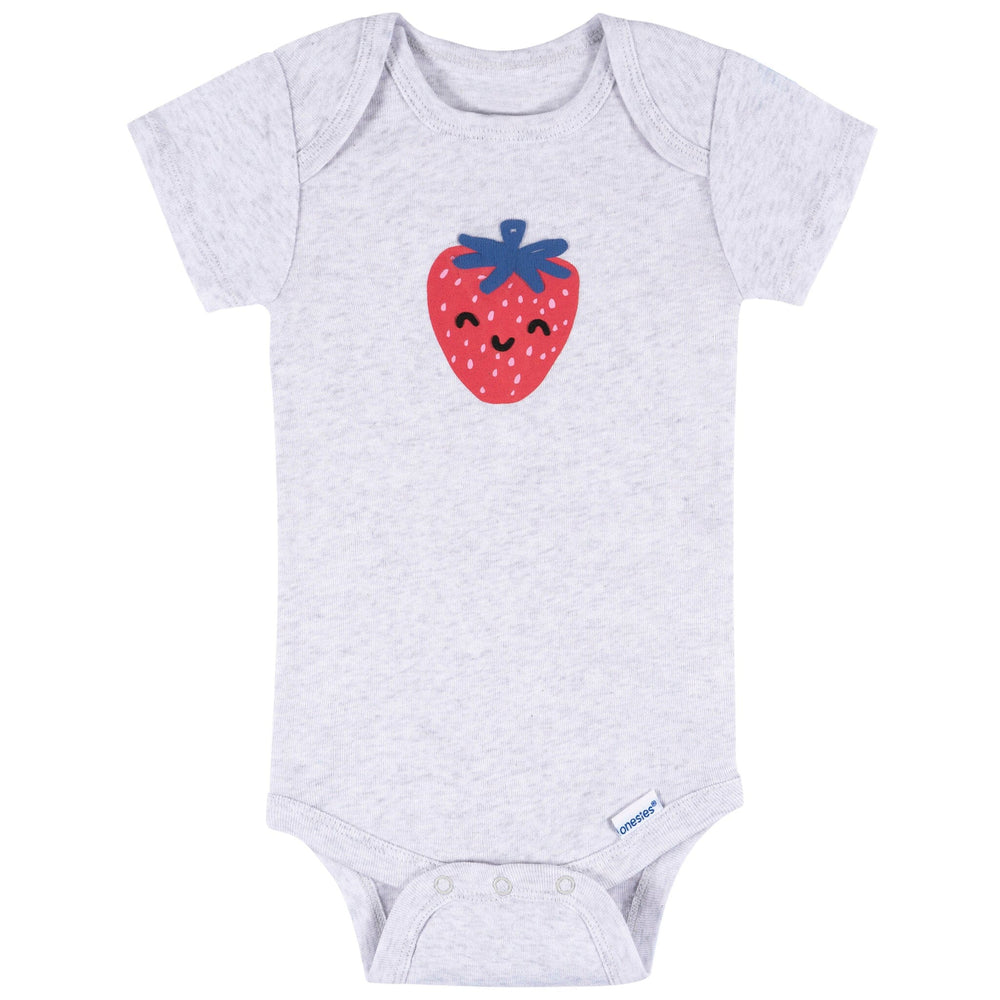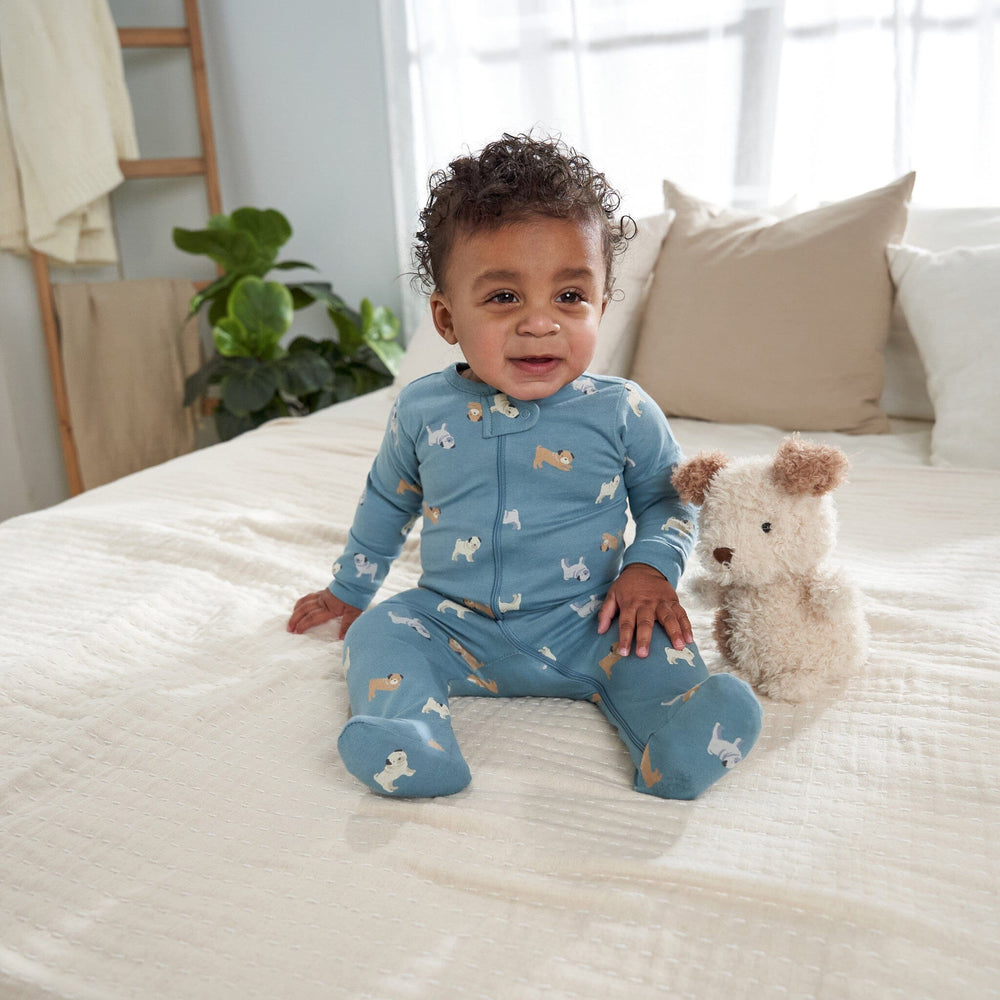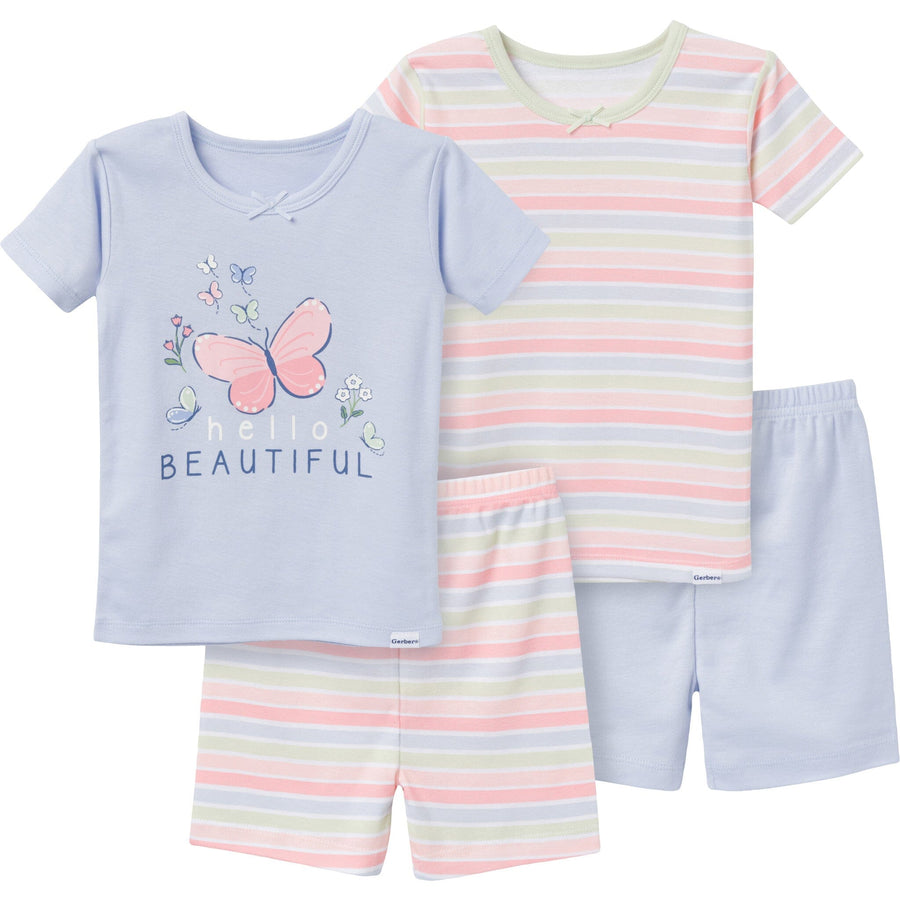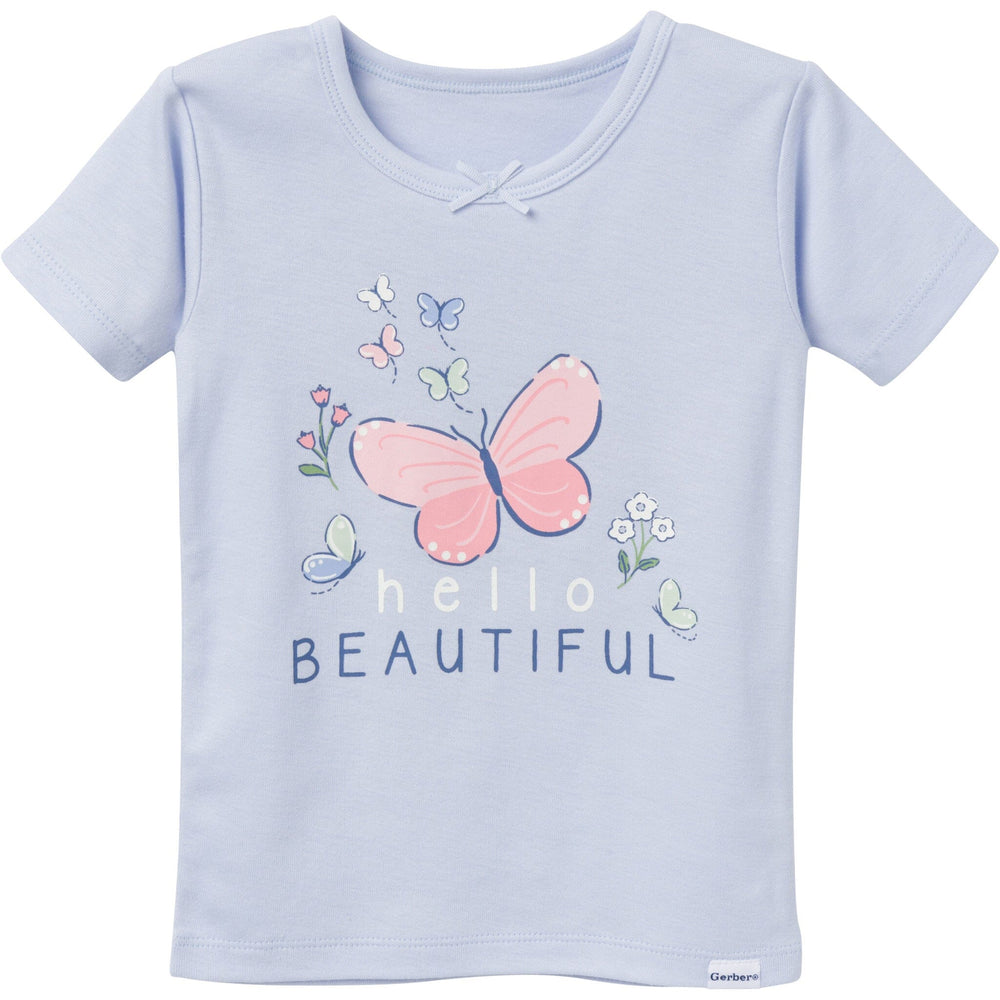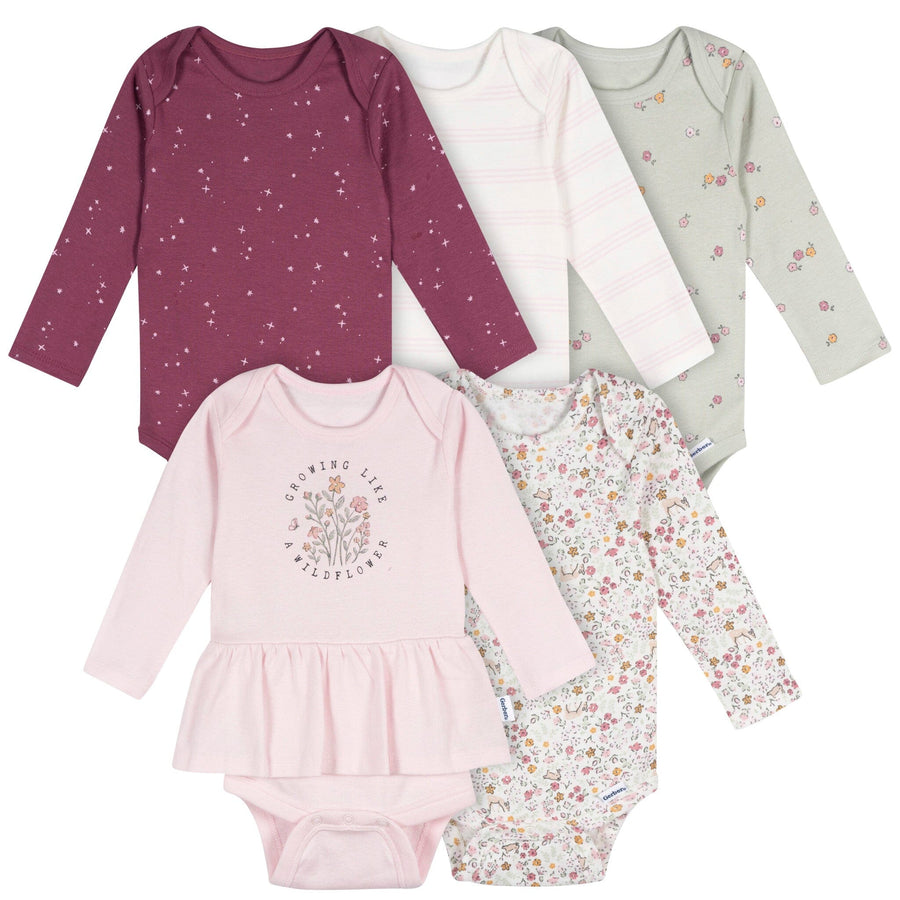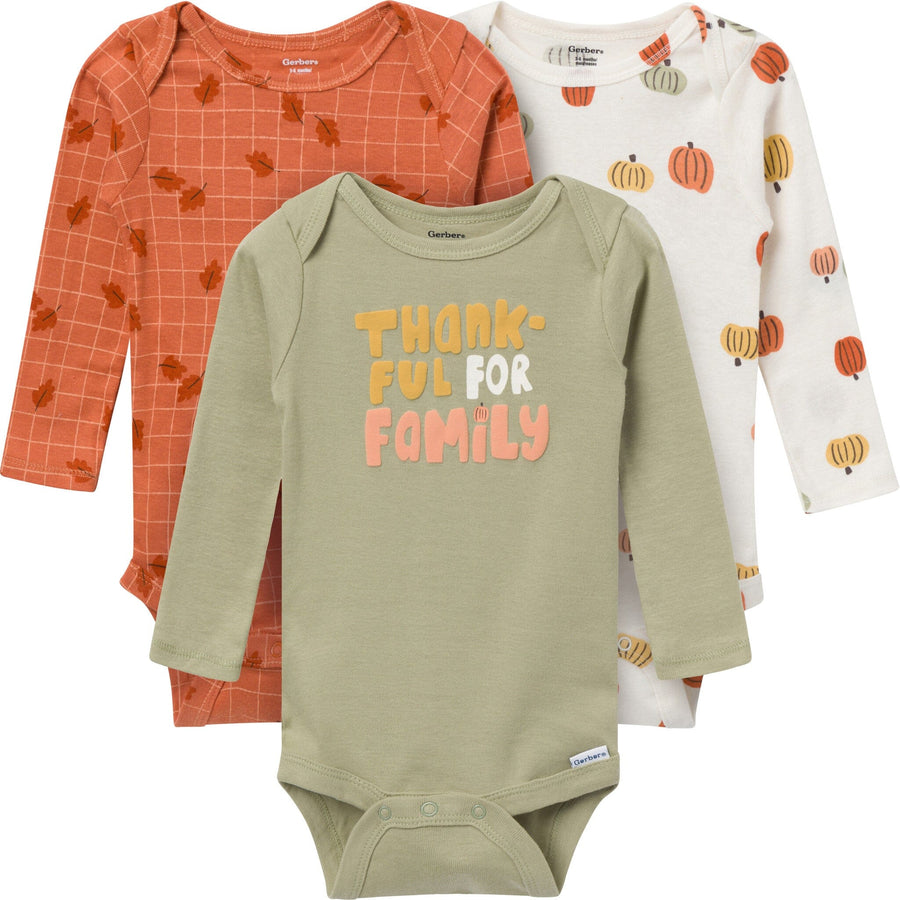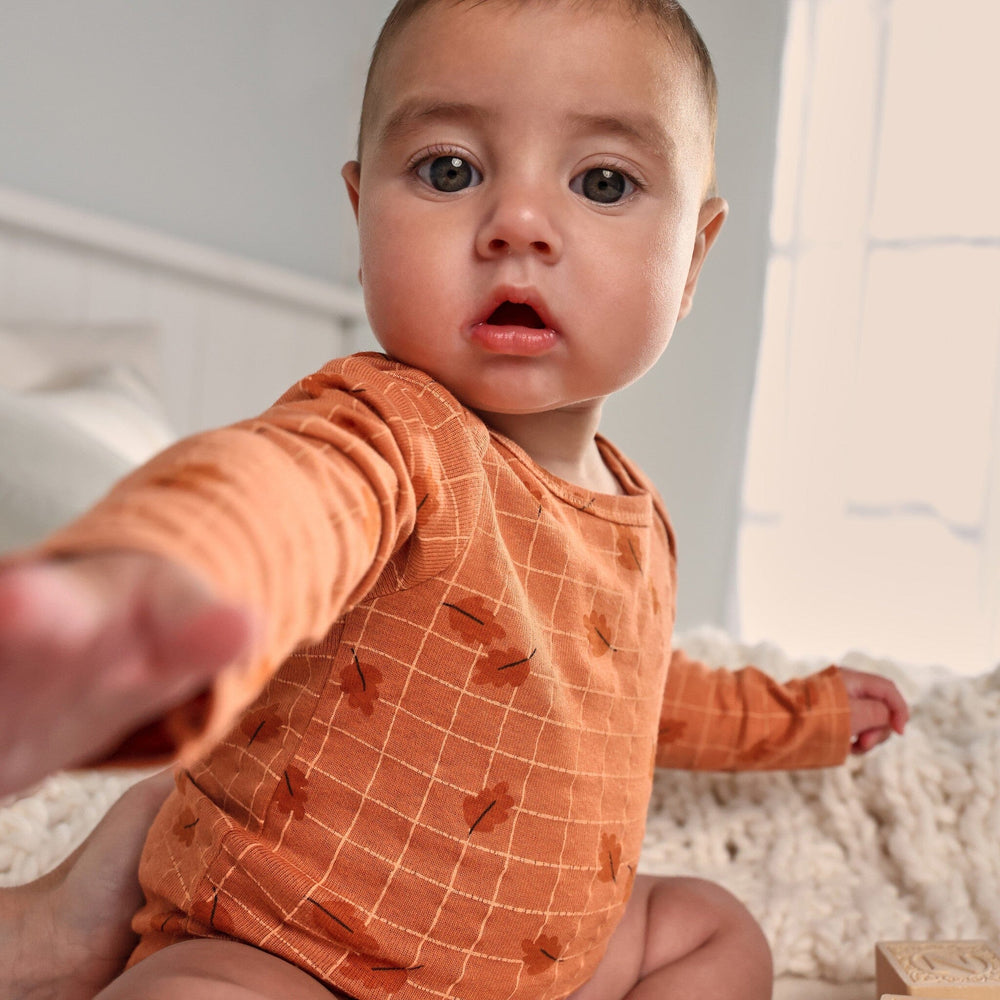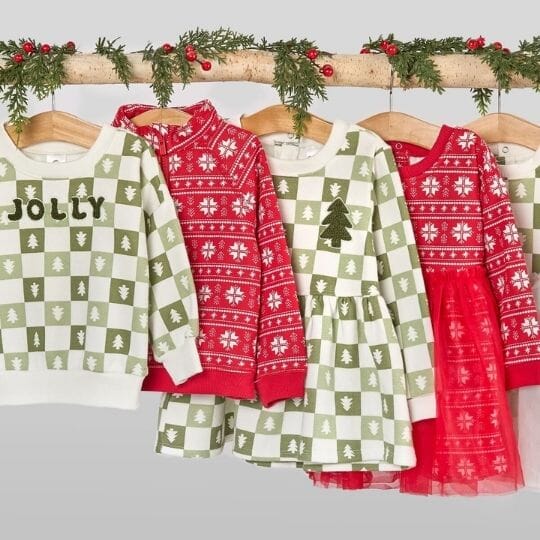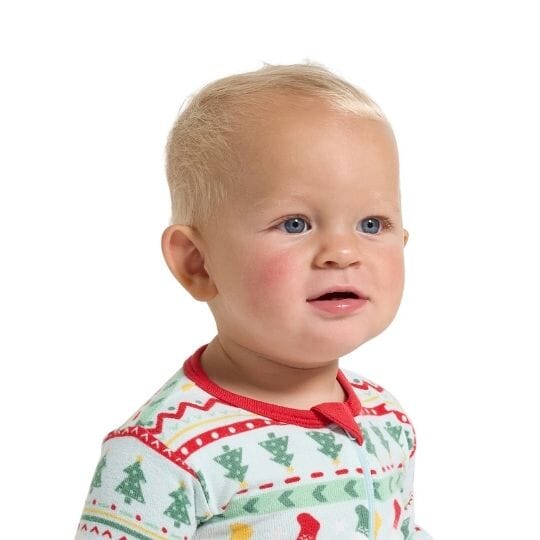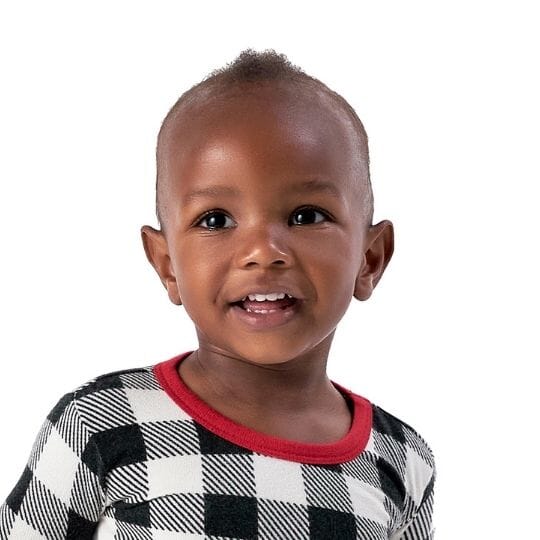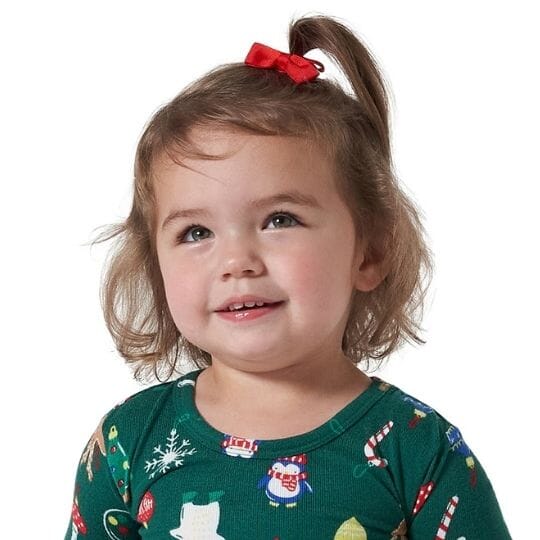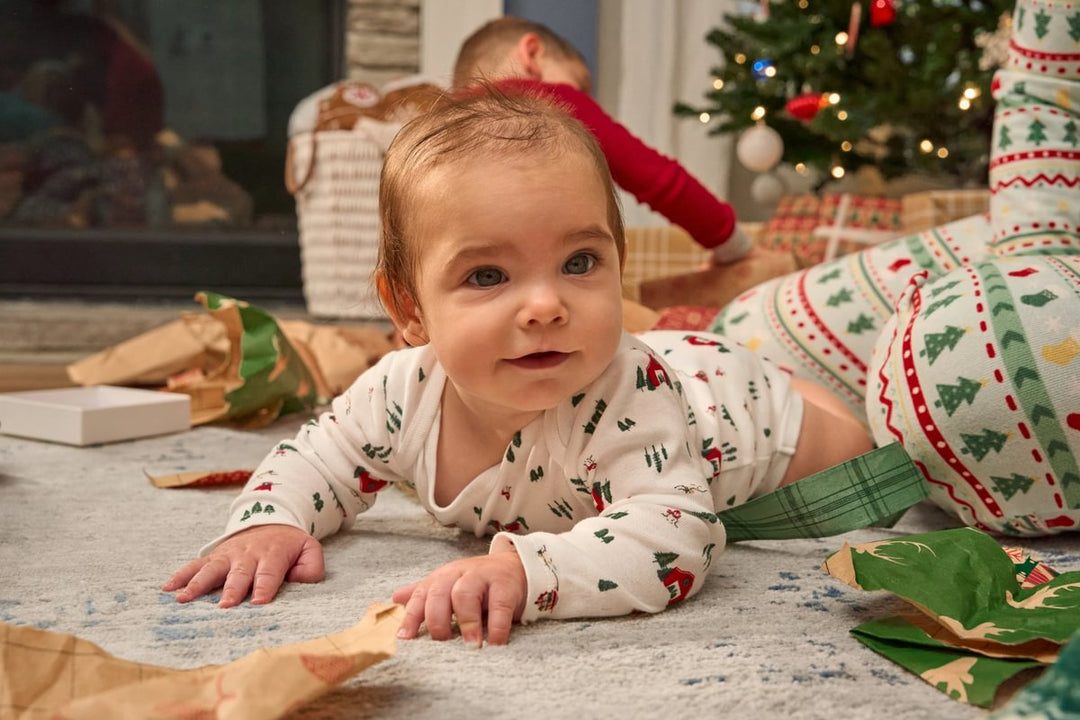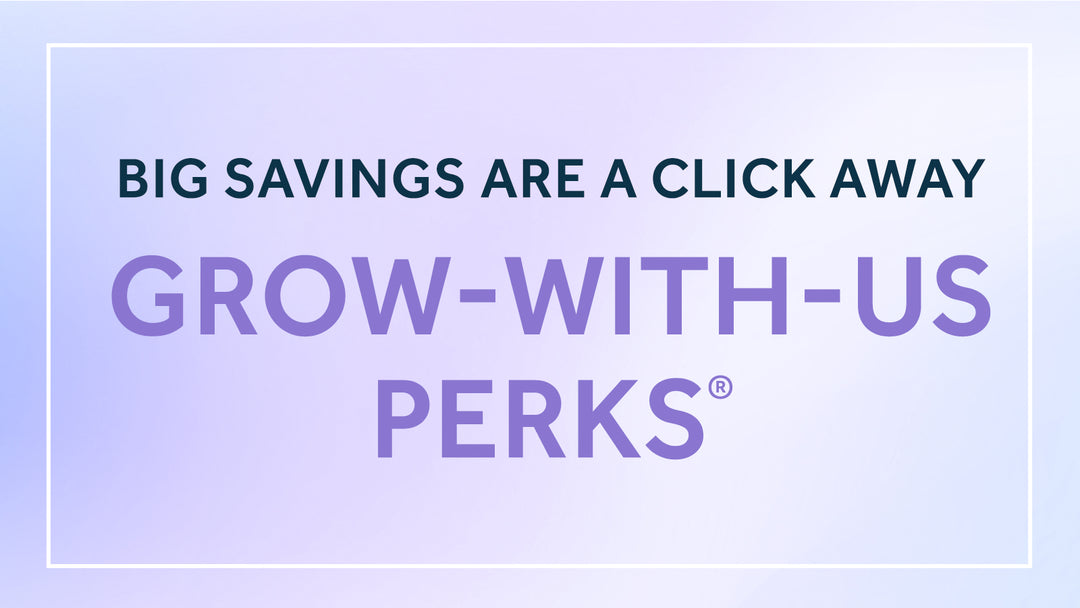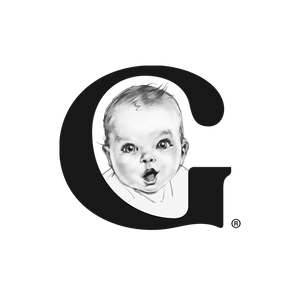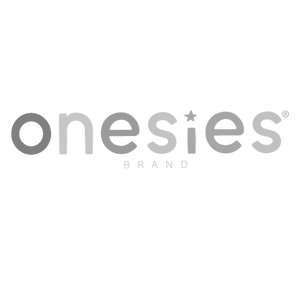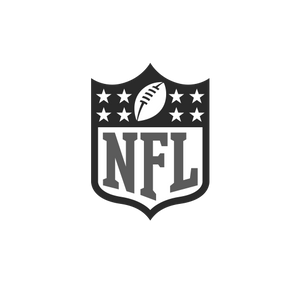What to Pack for Daycare? This Daycare Packing List Has You Covered.
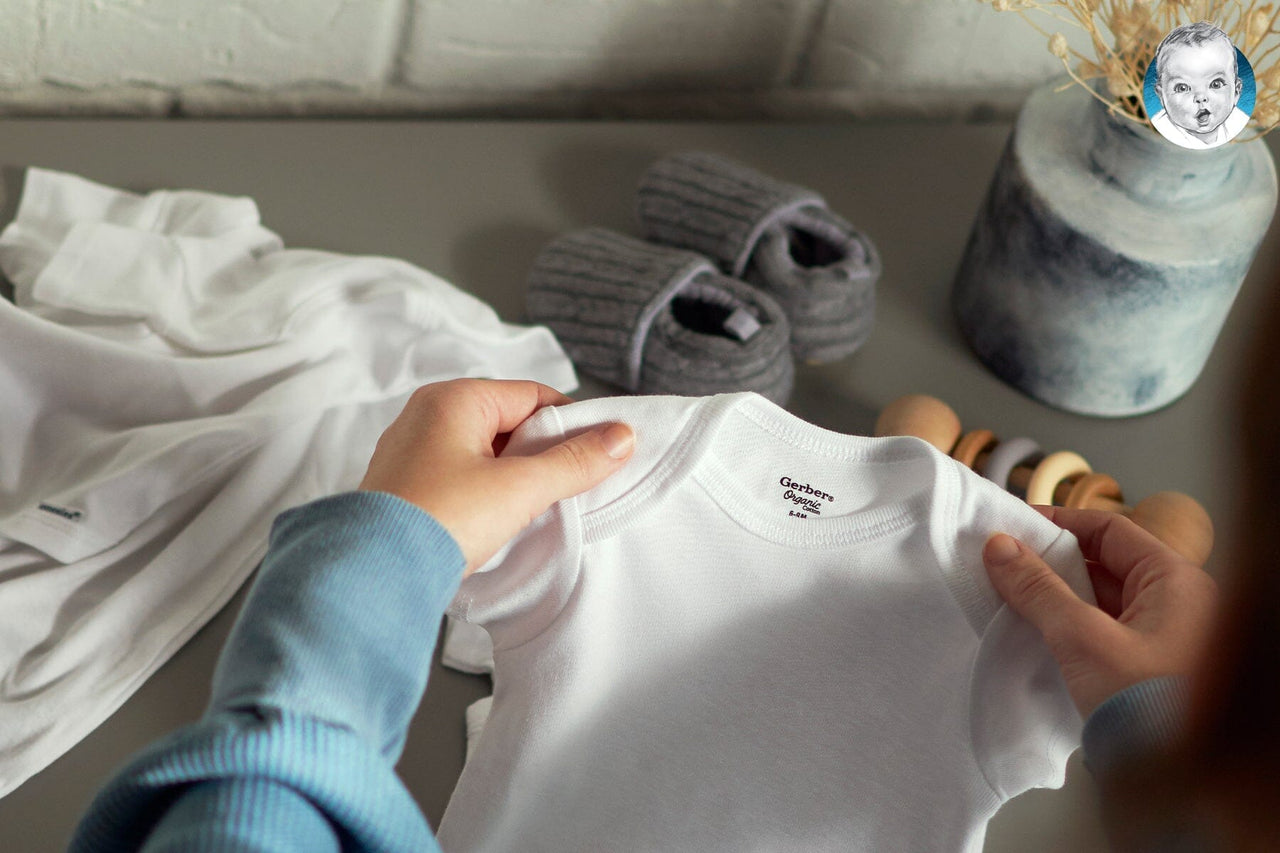
If you are a new parent, going back to work after having your baby can be overwhelming. It is not only difficult to leave your little one for the first time, but there is also so much to do (and remember!) each morning. Thankfully, whether your child is going to a small daycare or a large school, your daycare packing list should be about the same.
First, check with your child’s teacher to be sure they don’t have any specific rules, such as what type of bedding to bring or how to store breast milk. Next, refer to this helpful guide written by experienced moms. The easy-to-read checklist will break down what to pack for daycare in each stage of the first year so you can feel more confident and positive about your day as you and your child head out the door.
What to Pack for Daycare: 0-3 Months
While most newborns stay at home with mom during the first few months, some parents will need to return to work before the 12-week mark. During this delicate phase, it is essential to double check each item on your supply list. An infant less than three months of age should have the following supplies at daycare:
- Diapers: If you use disposable diapers, be prepared to buy in bulk! Most newborns will go through 8-10 diaper changes each day. Refer to your daycare for a weekly minimum amount—or provide a box of 80-100 of your favorite disposables every Monday morning. If you use cloth diapers for baby, make sure you start out by packing double the diapers and waterproof pants than you use in an average week.
- Wipes: Send a full package of 50+ wipes as well as a refill pack. In the first few weeks, check with the daycare teachers during the week to see if they need more. You’ll quickly discover how many to send each week.
- Diaper Ointment: Your baby’s skin is very sensitive during the first several weeks. Ask your pediatrician about the best product for your child. Place a tube of your favorite cream in your diaper bag on the first day and then check in a couple of weeks later to see if you need to restock.
- Formula or Breast Milk: Newborns eat at least every couple of hours. Pack more formula or breast milk than you use at home on a typical day. When in doubt, ask your daycare or your child’s doctor. They’ll provide you with a recommended daily feeding amount so you can add a little extra.
- Feeding Accessories: Supply enough bottles and nipples for an entire week. Again, send a few extra accessories so caregivers aren’t scrambling to clean dirty bottles. If the employees will need to prepare your formula, review their policies on bringing bottled water, mixing spoons and storage containers. At this stage, some parents like to bring ready-made newborn bottles that come in convenient six packs of 2 oz. each. Don’t forget four to five burp cloths so baby stays clean.
- Swaddles/Blankets: Many newborns use a swaddle for naps. Pack a set of soft baby blankets or a Velcro® garment for each day of the week–then throw in a couple more. If your little one spits up or has an accident, they will have a clean one ready.
- Clothing: Sleepy newborns will be most comfortable wearing a bodysuit or pajamas. Dress them for the weather and then pack an extra outfit and pair of socks in the event of a diaper blowout. If it’s chilly outside or mild indoors, baby will also need a hat to stay warm.
- Pacifiers: If your child uses a pacifier, pack two to three daily. Review daycare rules to see if they need to be on a baby-safe chain or cord.
- Toys: Some facilities provide basic toys for newborns. If yours doesn’t, bring a few soft, small rattles or accessories with basic patterns in primary colors.
- Bed/Cot: Sleeping requirements vary depending on the daycare. Check to see whether you need to provide a pack a plush mat, cot or bassinet. You may also need a few cotton cot sheets. While you probably won’t need to replace the bedding every day, expect to bring two to three sheet sets monthly.
- Additional Helpful Items: Some parents pack lotion for massages or dry skin, while others must stock and restock medicines for chronic medical conditions. Talk to your daycare about the supplies necessary for your unique child.

What to Pack for Daycare: 4-6 Months
By four months, most babies will be entering daycare for the first time. You’ll still want to send a large box of diapers each week, as well as plenty of wipes, diaper cream and feeding supplies. During this stage, you will also want to consider the following:
- Outfits: If you’re going to bring your little one to daycare in a cute outfit set for infants, like leggings and a tunic or a tee and jeans, make sure you have backup tops and bottoms. A couple of hoodies or jackets are helpful for keeping baby warm during trips outside.
- Blankets: Since your baby is likely transitioning out of a swaddle, you may want to pack a sleep sack instead. These wearable blankets zip up over your child’s body to prevent common infant sleeping dangers like suffocation. If they have a favorite comfort blanket, you can bring it, too.
- Bigger Bottles: Once baby starts drinking more milk at each feeding, swap out your 4-5 oz. bottles for 9-10 oz. ones.
- Baby Food: Most infants will begin eating solids between 4 and 6 months of age. Once your pediatrician gives you the green light, work with your daycare to decide how often to provide baby food. Pack enough purées, bowls and spoons for each week.
- Bibs and Burp Cloths: Baby is getting more active—and messy! Send at least four to five drool bibs and burp cloths weekly. A few rubber feeding bibs will make cleaning up after eating pretty easy.
- Teething Items: When baby starts cutting teeth, pack two to three teethers and a rubber finger brush for soothing sore gums.
What to Pack for Daycare: 7-9 Months
Now that your baby is seven months old, they may need less diapers or bottles during the week. Pay attention to their habits at daycare and at home and pack accordingly. Of course, it never hurts to send too many. Along with the supplies above, your baby may also need:
- Extra Snacks: By 8-9 months of age, many babies are able to munch on puffed rice snacks and crackers. If your daycare has snack time, pack your child’s favorites.
- Sippy Cups: Some children around this age are also ready to drink out of a sippy cup. Don’t forget a couple for your little one. Swap them out every week so you can wash the dirty ones.
- Shoes: Babies who are standing or walking will need shoes to stay safe. Bring an extra pair of sneakers, moccasins or boots along with the shoes they are wearing. If a strap breaks or a sole comes apart during play, they will still be able to explore freely.
- Loveys: If your soon-to-be-toddler is experiencing separation anxiety, now is the time to consider bringing their favorite toy or stuffed animal. Label the tag so it doesn’t get mixed up with other toys. You may also want to consider having an extra at home. Should baby’s stuffed rabbit or unicorn get dirty or lost, you can replace it without too many tears.
Packing for Daycare Like a Pro
To make your mornings smoother, here's a quick reference checklist for what to bring for daycare:
Daily Items
- Diapers (enough for the day plus extras)
- Wipes
- Change of clothes (at least two sets)
- Bottles/sippy cups
- Breast milk/formula/food
- Bibs and burp cloths
- Comfort item or lovey
Weekly Items
- Bulk supply of diapers
- Large pack of wipes
- Diaper cream
- Crib sheets/blankets
- Multiple changes of clothes
Seasonal Items
- Weather-appropriate outerwear
- Sun hat and sunscreen (spring and summer)
- Warm hat and mittens (fall and winter)

Packing for Daycare Like a Pro
No one will tell you the transition to daycare is easy, but we can promise that you will be able to focus better at work and adjust quicker at home if you know your little one has the supplies to stay happy, safe and comfortable. Keep this checklist with you throughout the first year. By the time your baby becomes a toddler, your life together will feel like a new normal—and preparing for daycare will be easier than ever!
Should you need quality baby girl clothes, baby boy essentials or blankets for daycare, Gerber Childrenswear has everything your child needs. From Onesies® Brand bodysuits to everyday Gerber essentials, your little one will not only look cute every day, they’ll feel great, too!
